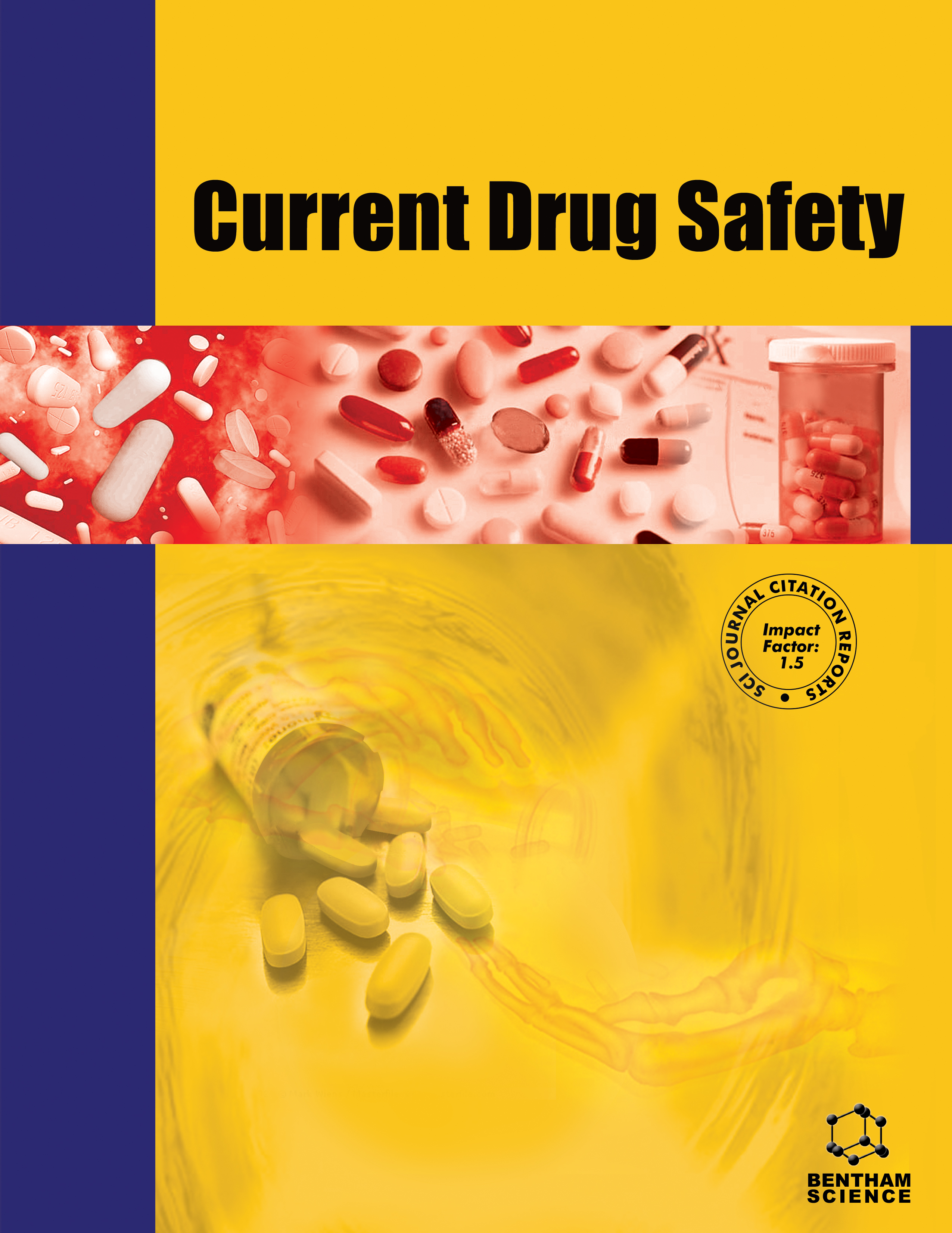-
s Intercycle Unplanned Hospital Admissions Due to Cisplatin-based Chemotherapy Regimen-induced Adverse Reactions: A Retrospective Analysis
- Source: Current Drug Safety, Volume 14, Issue 3, Nov 2019, p. 182 - 191
-
- 01 Nov 2019
Abstract
Background: Cisplatin is a commonly used chemotherapy agent known to induce serious adverse reactions that may require hospital readmission. We aimed to analyze the extent and factors associated with unplanned hospital admissions due to cisplatin-based chemotherapy regimen-induced adverse reactions. Methods: Retrospective review of medical records of those patients who received at least one cycle of chemotherapy with cisplatin-based regimen during a six-month period from March to August 2017. Results: Of the 458 patients who received cisplatin during the study period, 142 patients did not meet inclusion criteria. The remaining 316 patients had a total of 770 episodes of primary admissions for chemotherapy administration. Overall, 187 episodes (24%) of intercycle unplanned hospital admission were recorded of which a major proportion (n=178; 23%) was due to chemotherapy-induced adverse reactions. Underweight patients had higher odds of unplanned admission (OR 1.77, 95% confidence interval [CI] 1.11 to 1.77). Significantly, more number of patients with cancers of head and neck and cancers of musculoskeletal were readmitted (p<0.001). Compared to high-dose cisplatin, low- and intermediate-dose cisplatin had lesser odds of unplanned admission (OR 0.52 and 0.77; 95% CI, 0.31 to 0.88 and 0.41 to 1.45, respectively). Patients without concomitant radiotherapy, drug-drug interaction and initial chemotherapy cycles had lesser odds of unplanned admission (OR 0.38, 0.50 and 0.52; 95% CI, 0.26 to 0.55, 0.25 to 0.99 and 0.32 to 0.84 respectively). Unplanned admissions were mainly due to blood-related (31%) and gastrointestinal (19%) adverse reactions. Among chemotherapy regimens, cisplatin monotherapy (34%) and cisplatin with doxorubicin (20%) regimens resulted in a major proportion of unplanned admissions. Conclusion: These findings highlight risk factors that help identify high-risk patients and suggest that therapy modifications may reduce hospital readmissions due to cisplatin-based chemotherapy-induced adverse reactions.


